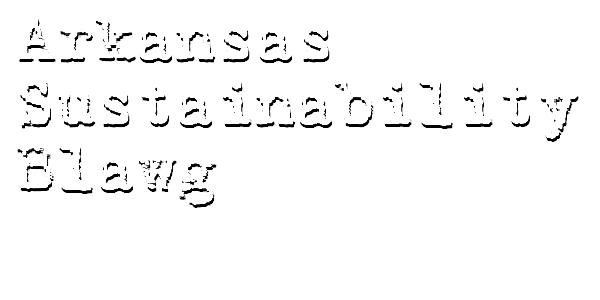In an interview published in the July/August 2011 issue of Green Building & Design, designer John Cantrell of HOK Atlanta comments,
“There’s more greenwashing than ever before because everyone’s trying to innovate. As designers, we have to be knowledgeable about the compositions of these so-called “sustainable” products because people trust our opinions. What’s starting to surface is the importance of third-party certifications. I believe that verification is one of the most important parts of this process, and I am always pushing for third-party certification even in selection and specification of our materials and assemblies.”
Mr. Cantrell is most certainly too generous in his assessment that the rise in greenwashing is purely the result of a drive to innovate, particularly if you accept the pejorative definition of greenwashing as, “the act of misleading consumers regarding the environmental practices of a company or the environmental benefits of a product or service.”
Regardless, the point about the importance of third-party certification is dead on. Consider this sign, observed in May 2011 at Riverfest in Little Rock, Arkansas:
Greenwashing? It’s certainly a possibility, but since no one – not the state or local government, and not, to my knowledge, any private entity – is in the business of certifying and verifying these claims, they can be made at will and with little regard for accuracy or veracity.
The problem is compounded by the fact that the proponents of false green claims do not have much to fear by way of liability. The biggest stick against greenwashing in Arkansas is the Arkansas Deceptive Trade Practices Act, which generally prohibits false, deceptive, and unconscionable practices in business, commerce, or trade. A green claim about a product or service, made with the intent of distinguishing the product or service from one not supported by a green claim, falls into this category. But here’s the rub: as a private citizen, to bring a claim under the Arkansas Deceptive Trade Practices Act, you need to have suffered “actual injury.” Generally, this means money damages, though there is good law suggesting that other types of injury – personal injury, for example – would also suffice.
Consider this hypothetical, suggested by the Riverfest ride photo: of all the rides at Riverfest, you are swayed by the green claim, part with a dollar or two, and ride the ride powered by vegetable oil. The claim turns out to be false; the ride is diesel powered. Have you been deceived in business, commerce or trade? Absolutely. Have you been actually injured? Sure, to the tune of a dollar or two. Are you really going to sue over that injury? And, perhaps more importantly, are you going to be able to find a lawyer willing to take a case with almost no damages? The choice is yours, but I suggest that your time, energy, and money are better spent elsewhere. (There is also the possibility of a class action, but it suffers from the same problem of de minimis damages.)
A lawsuit is simply an inefficient, and inelegant, solution to the greenwashing problem.
This is not an improbable hypothetical. Take a moment today – fifteen minutes is probably enough – and count the green claims you see during that time. At the same time, count the number of those claims that also claim to be verified by an independent third party. The gap will be obvious. As will the solution.
(The “third party verifications” may be false as well – but that is a subject for another day.)
(Department of Read this Cool ‘Zine: www.gbdmagazine.com)
(Department of Definitions: the quoted definition of “greenwashing,” and numerous other materials regarding greenwashing, can be found at www.sinsofgreenwashing.com)


No comments:
Post a Comment
I welcome your comments. By commenting on this blog, you accept the blog's terms of use. You must use your first and last name when posting, and you must stay on topic.